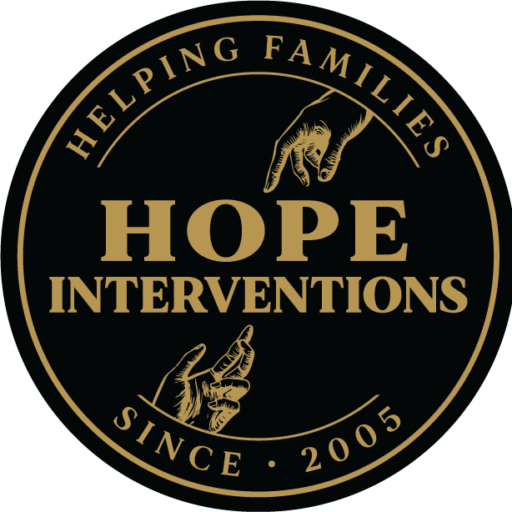While alcohol intervention aims to address drinking behavior that may have adverse effects on a person’s health and relationships, addiction intervention targets a broader spectrum of substance or behavioral addictions. Addiction intervention may involve psychological assessments, detoxification, and counseling to help individuals overcome their dependencies. Alcohol intervention, on the other hand, may focus on encouraging moderation, abstinence, and seeking support. Both interventions ultimately aim to help individuals achieve positive outcomes, but addiction intervention may require more intensive and long-term treatment.
An alcohol intervention should be guided with compassion, empathy, and concern for the individual struggling with alcoholism. Family and friends should come together to express their love, share specific instances of harm caused by alcohol, and offer support for the individual’s recovery journey. A trained interventionist can help facilitate the conversation and ensure everyone stays on track and avoids blame-shifting or judgment. The intervention should end with a clear plan for treatment, such as seeking professional help, attending support groups, and implementing lifestyle changes to promote sobriety.
When conducting an alcohol intervention, the strategy typically involves a group of loved ones or close friends coming together to address the individual’s problem drinking behavior. The focus is on expressing concern and support while outlining the negative impacts of their addiction and offering a plan for treatment. The intervention is typically led by a professional interventionist who guides the conversation and ensures that the conversation remains productive and respectful. The overall goal of the intervention is to encourage the individual to seek help and enter a treatment program.
There is no set success rate for alcohol interventions, as it largely depends on the individual’s willingness to seek help and make changes. However, studies have shown that people who receive interventions and treatment for alcohol-related issues have a higher likelihood of achieving and maintaining sobriety compared to those who do not seek help. Family interventions may also be more effective than individual interventions, as they involve the support and accountability of loved ones. It is important to note that recovery is a lifelong journey and support should continue beyond the intervention.
Don’t hesitate to contact us for more information on how we can help your loved one. Take the first step towards a healthier, happier life, and contact us today.

